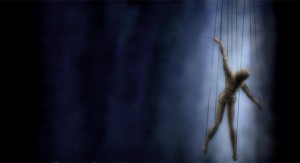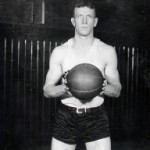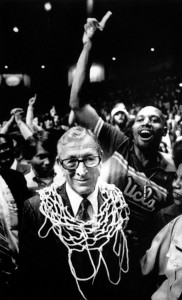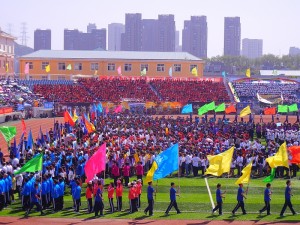JamesHowden.com is always concerned about the reading pleasure of its visitors. Because the report on my university’s June athletic competition is full of dudgeon and joy, it has been split into two parts. (Well, okay, my bride also said, “It’s too darned long!”) This is Part 1, while Part 2 is here.
I wrote earlier about the (nearly) annual Sports Day at my university (though that story only covered the day’s first 90 minutes). It is a mark of how deeply North America-centric I was (and likely still am) that I was mildly shocked, on arriving in China four years ago, to find that universities had no sports teams. The alliance between higher education and elevated levels of sporting competition is mainly an American thing, so I should’ve known; non-academic sports clubs and academies are the rule in Europe, Asia, and South America.1 There are glorified intramural basketball or volleyball games involving different faculties, which sometimes draw hundreds of drumming, shouting supporters. Yes, and there is (usually) a track and field meet, bumped off the schedule last year for the 60th anniversary commemorations of my university.2 In my earlier piece, I didn’t get past the pageantry, so here, by popular request3, is the sporting part of the story.
1 I may have been fooled by watching Kung Fu Dunk, starring Taiwanese singing sensation Jay Chou, known here as Zhou Jielun, on my first flight to China in 2009. A disgraced Shaolin monk (Chou, whom you might have seen as Kato in the movie version of The Green Hornet), is recruited by a semi-criminal sleazeball to transfer his other-worldly martial skills into stardom in the C.U.B.A. (Chinese University Basketball Association). It was spectacularly and delightfully bad. Anyway, only a few prestigious universities participate in the CUBA, which it turns out is mainly a place to enroll unqualified students – those who came up through State basketball academies, but have no future as pros – for the glory it will cast on school administrators. Hmm. Maybe it’s not completely different from American schools…
2 That day had pageantry and enforced student enthusiasm by the bucketful, so apparently there was no need for running and jumping that year. This reinforces my suspicions about what this “athletic meeting” is for, and for whom.
3 Well, my buddy JP has been bugging me about it. And my wife. That’s popularity!
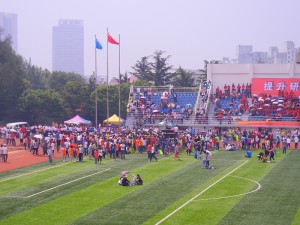
A view of the finish line area from across the infield: officials, marshals, timers, medical volunteers, team spirit leaders, and a bunch of random people milling about. Photo: J.P. Mayer
Continue Reading >>

